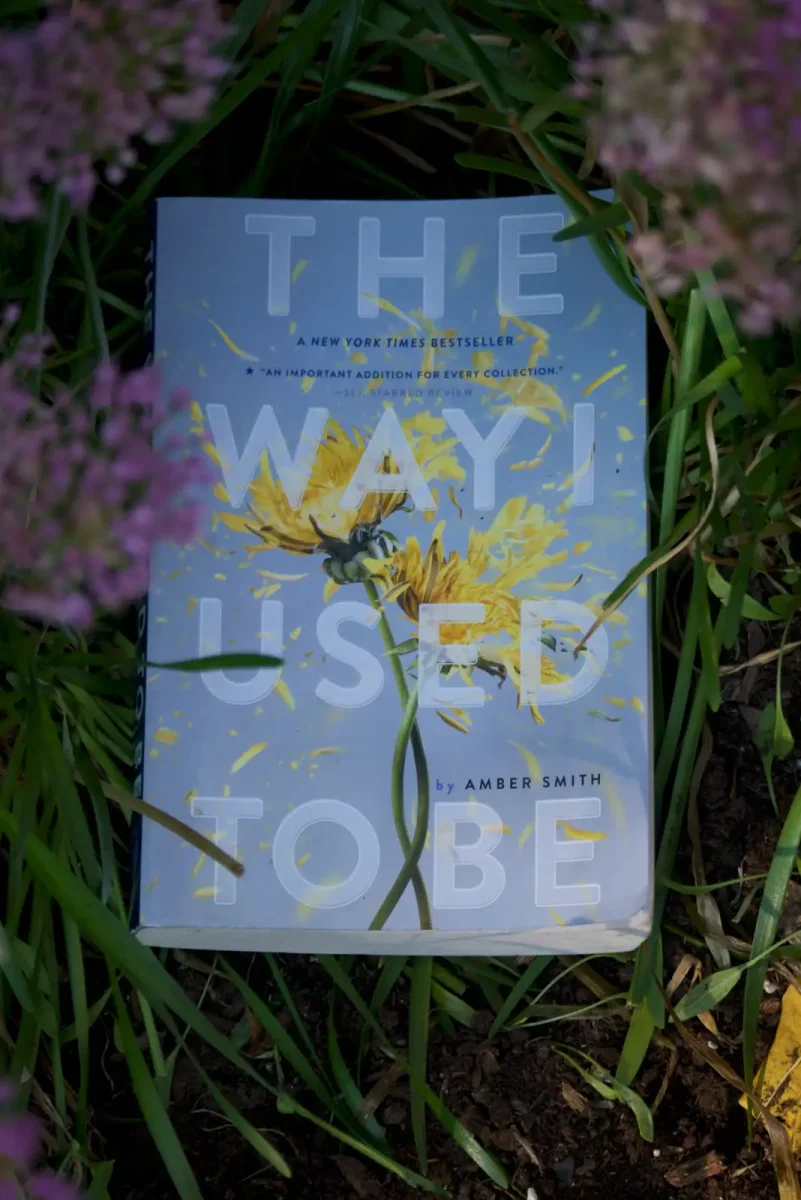When Carol Birch began to speak at the Downtown Library in Ann Arbor, the audience leaned forward to listen. Birch, a nationally-renowned storyteller, opened her Feb. 13 event with the true story of Luba, a woman in a World War II concentration camp who found and saved a large group of children. Birch’s warm, welcoming posture and soft, calm tone of voice invited the audience to shrug off other concerns and step, for a moment, into the world she brought to life with her words. When the story was finished, Birch dove right into a description of her storytelling process.
“I don’t memorize,” she explained. In her eyes, a story is stronger when the teller sees it playing out in their mind and simply tells what is going on instead of learning story events word for word. The storyteller should act as a bridge between their tale and the audience, and not limit themselves by trying to stay inside the box of an author’s written words. When describing characters in a story, Birch said, the storyteller’s own opinions of a person will tend to come through in their words; if they are giving a flattering description of a character they aren’t fond of, audience members will be able to feel that dislike below the surface. “When I described Luba,” Birch reminded her listeners later on, “I didn’t tell you how heavy or slim she was, but you still know what she looks like.” Her words and the way she spoke them gave a clear image of the brave, golden-haired woman.
About halfway through the event, Birch led the audience through a character-developing exercise that started with the words, “Close your eyes.” In the darkness, accompanied by Birch’s meditative instructions, each member of the audience encountered a character from their imagination and followed that character into a place outdoors. After audience members followed their character to an indoor location and met another person from the story, Birch called them back to the library’s multi-purpose room.
In terms of specific advice for storytelling, Birch had a number of suggestions: Trust yourself, be captivated by your own words and try not to laugh (or cry) at your own jokes. Don’t be afraid of stumbling as you speak, and don’t be afraid of silence–it can work like rests in music, emphasizing important moments. Don’t entertain stereotypes or think you know a culture without really understanding it first, and let yourself fall into revery, of your characters and your worlds. Don’t worry about perfection or publicity, especially as you’re just getting started with being a storyteller. Remember, a story happens not only in the words, but also in the palpable connection between a storyteller and their audience.
Above all, Birch said, don’t be overly concerned about what kind of story you’re presenting. It doesn’t matter whether it’s a fairy tale, a chapter of a classic or a real-life experience: “Find something you can’t keep from telling.”










